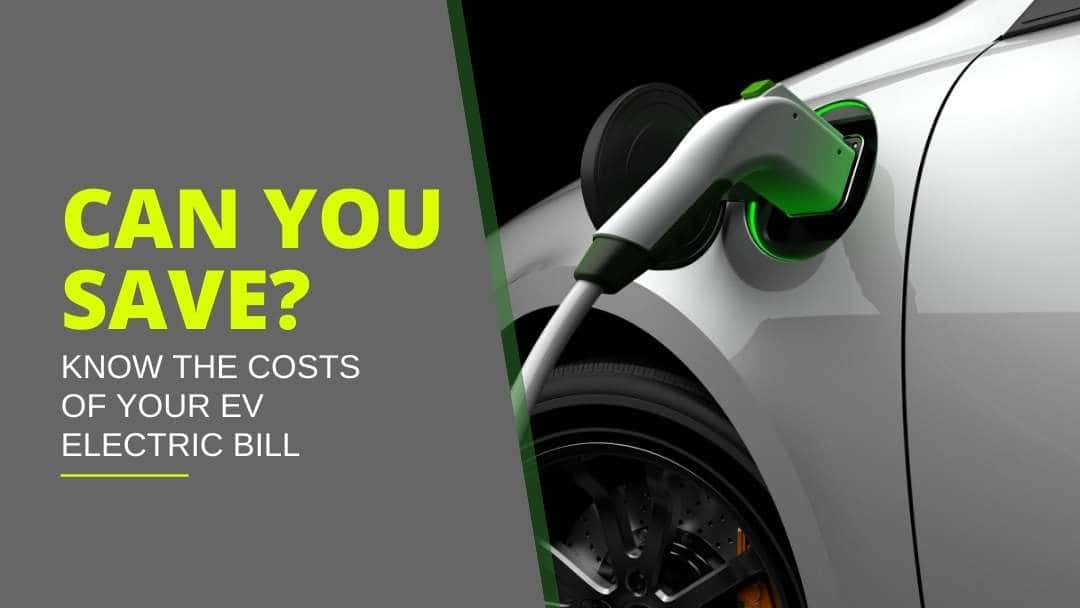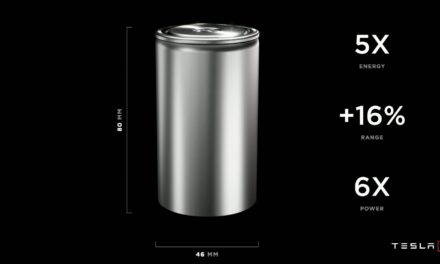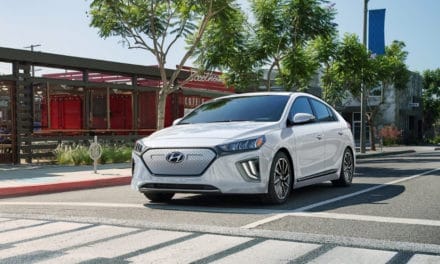For many car enthusiasts, electric cars represent the future of motor vehicles, it’s important to learn the costs of your EV electric bill. You might be convinced to get an eco-friendly upgrade from the traditional diesel or gas engine. Sales of electric vehicles have risen dramatically over the past few years. While electric cars currently take up a small corner of the broader car market, it’s estimated that EVs will make up the majority of car sales as soon as 2023.
As the demand grows, the technology improves, ideally leading to more affordable and accessible EVs in a market dominated by high-end cars such as those made by Tesla.
The price of driving electric
The question on the minds of most EV customers is how much will it cost to run? The appeal for most car customers considering ditching traditional fuel-run vehicles and going electric is the promise of lower running costs. Read on to learn exactly how much you can expect to be charged on your EV electric bill.
Transitioning to an electric car is supposed to be much cheaper to run than cars requiring gas, but in order to understand how much you could save, first consider the location you’ll be charging your car.
Typically, the cost of charging your EV depends on the location of charge points, those near highways and motorways can be more expensive. Commercial chargers offer a faster charge, often reaching 80% in 20-40 mins.
However, this guide will mostly be concerned with EV owners who charge their vehicles at home, which make up 90% of electric car owners. The exact price of running your car is dependent on the make and model and your electricity provider at home. We’ll explore a range so it’s clear how much you can expect to be charged.
EV vs. Gas
Lets look at one of the most popular models on the market, the Tesla model 3. With electricity at a rate of 10 cents per KWh, as an example, and factoring in a approximately 1000 miles driven over the course of a month, you can expect a bill for around $25 to $33 per month. As you can see, the cost of at-home EV charging is comparatively cheaper than fuel-run vehicles.
The cost of a traditional gas car, with 1000 miles totaled across the month, would be considerably higher at an estimated $70 to $100. Even when changing the hypothetical energy cost of at-home EV charging points to 20 cents per KWh, you simply double the monthly charge and it’s still a more affordable alternative. There are even apps that allow the user to only charge when electricity is the cheapest, during the night mostly.
Of course, when buying an EV and calculating how much you’ll save overall, you must factor in the cost of installing an at-home charging port. Some car manufacturers do offer the installation as an inclusive package. When purchasing the car others may charge additional fees, or you may be on your own to get a local electrician. Overall, you’ll definitely save money long-term when switching to an electric vehicle. As progress continues to be made in the EV field, the hope is that more affordable models get released. Even cheaper methods of running the vehicles would be expected.










